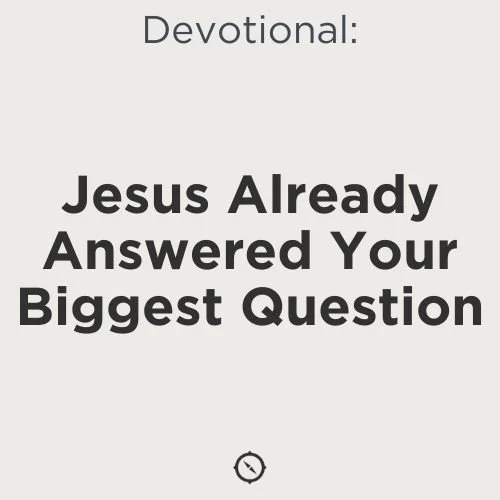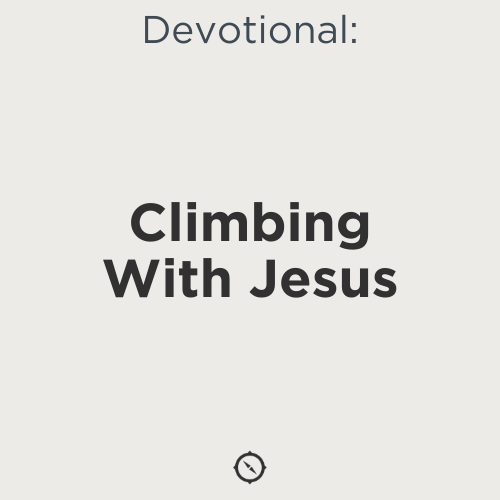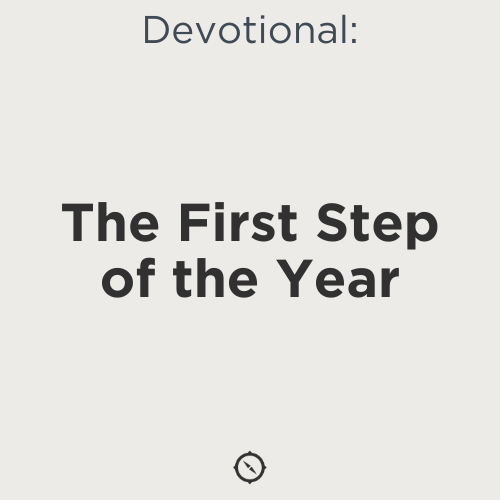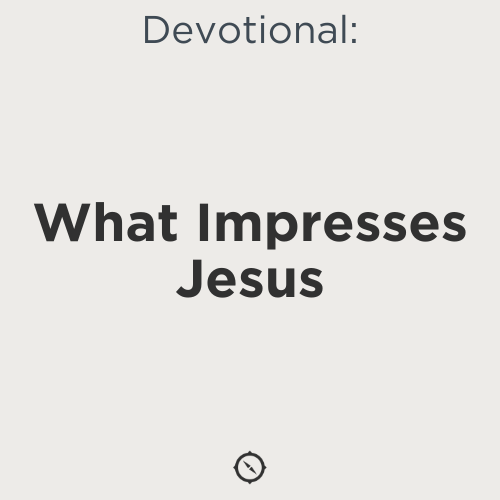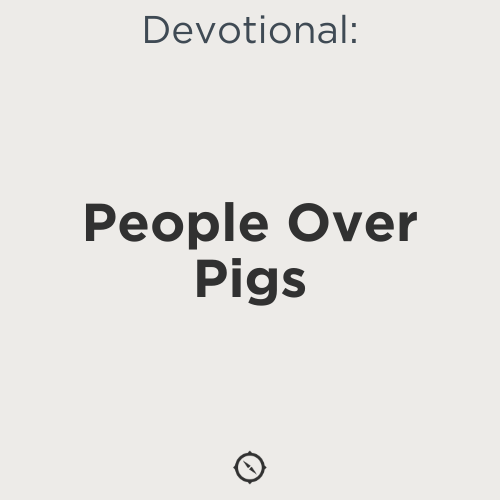Joey’s Notes
Welcome to my notes page—a space where I share my insights and experiences across a variety of topics. Here, you’ll find a collection of devotionals, conference notes, leadership strategies, time management tips, parenting insights, and more. Whether you're seeking inspiration, practical advice, or thoughtful reflections, there's something here to guide and encourage you on your journey. Enjoy exploring and feel free to check back often for new updates!

